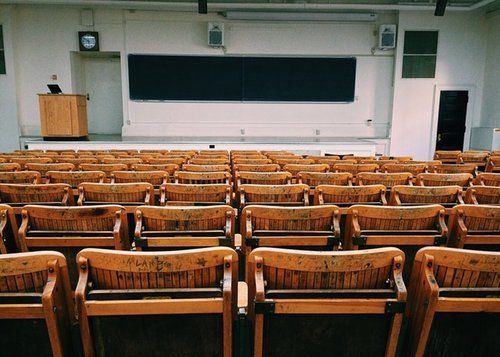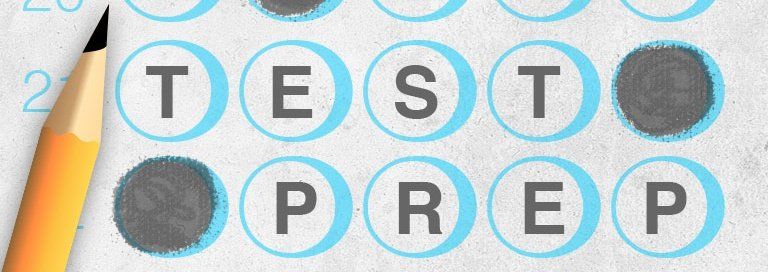This page is licensed under Creative Commons under Attribution 4.0 International. Anyone can share content from this page, with attribution and link to College MatchPoint requested.
Posts tagged Learning Differences
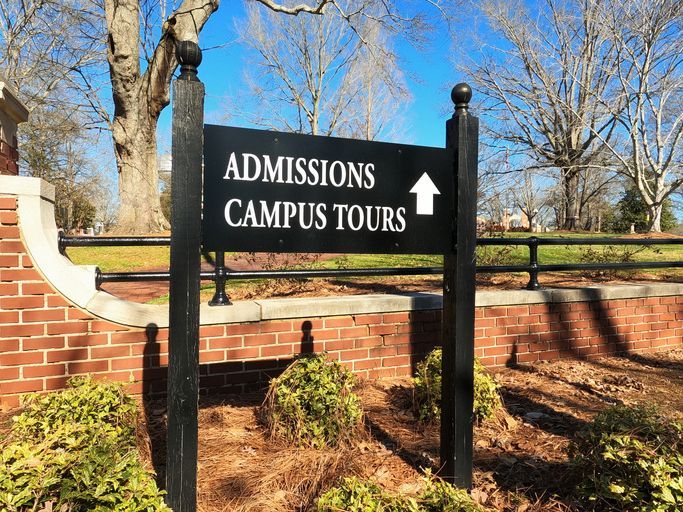
For many neurodiverse students, the idea of college can feel abstract. Guidebooks and websites provide useful information, but they often lack the real-world feel needed to make an informed decision. That’s why we encourage all families to visit at least one college—and for neurodiverse students, we strongly recommend visiting at least three. Experiencing different campus environments firsthand can help your student determine what will work best for them academically, socially, and emotionally. We encourage all our families to visit at least 1 college (preferably more) during their decision-making journey. But for neurodiverse students, we recommend visiting at least 3 schools.

The college planning process can be a challenging and ever-evolving journey for students and their families, especially for those who have experienced emotional, behavioral, or learning challenges. At College MatchPoint, we guide students and families through this complex process, helping them navigate the unknowns and adapt to changes along the way. Below we explain some of the unique considerations and strategies for supporting students with mental health issues and learning differences as they embark on their path to higher education. PARALLEL PATHS In our work with students who have significant learning differences, as well as those who have mental health considerations, we often describe the process of college admission and selection as having two parallel paths. The first is straightforward: the exploration of postsecondary opportunities, university or otherwise; a standard approach to applications (and all the moving pieces of that puzzle—activity résumé, essays, and so on); college visits; and, ultimately, the selection process. The second path is the constant monitoring and awareness of the challenges that the student and the family system undergo throughout the timeframe we work with them. We often tell parents that what we know now about their child and his or her college admissions may very well change—sometimes for the better and other times in ways that will demand problem solving and a change in planning strategy. In other words, what we know in October could be very different in March. Alongside these parallel paths is the very likely reality that the process for challenged or struggling adolescents might look quite different than the more typical student’s. Guiding such students through the college admission process is generally less linear, and the “order of operations” can end up being rearranged because of differing circumstances. The endgame in advising those students is not just sending them off to the college of their choice, but having them embark on their journey with a support system. The design of that support system must be a collaborative effort between the consultant and student, with parents in advisement. We also know that the letting go experience for parents can be complicated for any number of reasons. Our knowledge base and understanding of resources enable us to bring into play—with agreement between the student and parents—the components needed to design a structure within which a student can thrive in college. Students can also rely on the supports of that structure when circumstances change for them. Understanding both campus and community resources is the first step in this aspect of the planning process. CAMPUS RESOURCES Approximately two-thirds of students who have mental health issues also have a diagnosable learning difference or other consideration that may result in accommodations. That means that psychological and educational testing are key to a full understanding of a student’s personal profile. We utilize such testing as an educational tool to help students learn more about their challenges and how they can overcome obstacles. Making sure that students understand—in language they relate to—the relationship between their mental health needs and how they are affected as learners is vital to bringing a balanced approach to their academic life on campus. Setting a support plan in place must include registration with the Office of Disability Services on the student’s college campus once enrolled. Whether a student is qualified under psychiatric disability guidelines, learning disabilities, attention deficit disorder, other designation, or a combination of categories, the willingness to engage in accommodations can make all the difference in a student’s support plan, especially when facing challenges or episodes that interfere with their studies. EMOTIONAL SUPPORT In addition, there must be a clear plan for ongoing emotional support. College counseling centers can be great resources for students; however, most students entering college with a history of mental health issues have grown more sophisticated in their needs and in their expectations of providers. As a result, identifying a therapist within the community who has experience working with college students is a better working model than relying solely on campus counseling services. That designated point person can work with the student to coordinate and assess how the support plan is working and how the professional relationships the student engages in are going on a week-to-week basis. ACADEMIC CALENDARS Students who experience a wide range of mental health issues need to address the same set of considerations as more-typical college students, although any number of those areas can be magnified. For example, consider the various university academic calendars and how they might affect different types of students. Quarter-term campuses, for example, can be a good fit for students with mental health issues because the shorter rotation of classes allows for more-frequent change and potentially fewer classes to manage. The downside of quarters is how quickly a student can fall behind if they are missing classes or struggling. As with any planning process, most students can benefit from being flexible and creative with college schedules—this is especially pertinent for those who experience mental health issues. CUSTOMIZED EXPERIENCE Beyond coordinating support services, the goal is not to find ways for students to “fit in” or take the conventional route as college undergraduates. We encourage embracing opportunities to customize the student’s experience. That may include a reduced schedule for some students, helping them balance campus life with courses, activities, and work. Attending summer courses for credit can help students stay both engaged and on track as they work toward graduation. For some students being close to family can be a huge support. Equally important, opportunities that benefit more normative college students are amplified for those with mental health challenges, so students should be encouraged to pursue study abroad, independent study, and other opportunities to focus on areas of interest while balancing completion of core requirements. Helping students curate a personalized college experience is a key job for those with roles in the student’s college life. SUCCESSFUL OUTCOMES Our team is dedicated to learning how to best serve each student's individual needs, recognizing that this is a process in itself. We collaborate with students, parents, and other professionals to create customized college plans that take into account each student's strengths, challenges, and goals. By engaging in this thorough and personalized process, we help our students find colleges where they can thrive academically, socially, and emotionally, setting them up for success in their postsecondary journey and beyond. If your student would benefit from individualized support in their college planning process, click here to schedule a complimentary session with one of our experts.

If you're a high school student considering college, you may be wondering what services are available to help you succeed. Many colleges offer learning support centers, which provide academic support and accommodations for students. When touring a college, be sure to ask about the learning support center. Here are three questions to get you started.
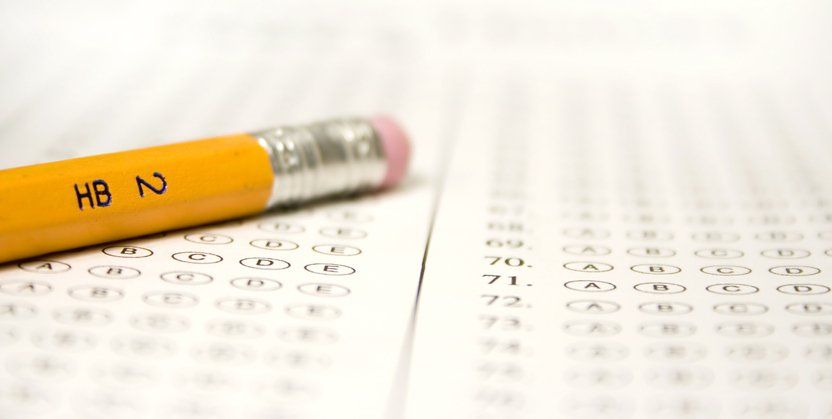
As a parent, you want what is best for your high school student. You may be concerned about the pandemic learning loss and how it will impact your child's future. While it is certainly a cause for concern, there are steps that you can take to help your child recover from the pandemic learning loss. By working together, you can support your high school student and help them get back on track. Here are some tips to get started.
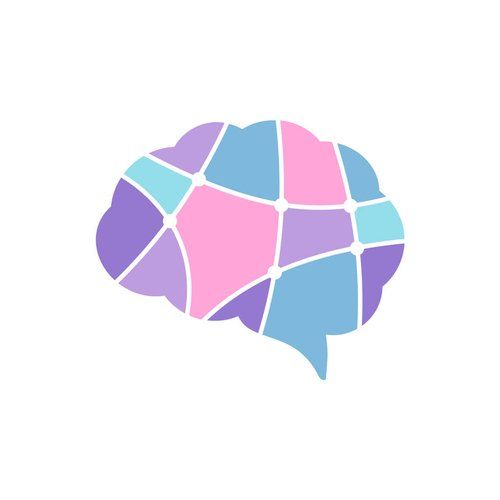
For students with unique learning styles, or who face academic or social challenges, the summer can be an especially great time to build important skills and develop new peer relationships. While many neurodiverse students can thrive in “mainstream” summer programs with the right accommodations, students and their families also have a range of more specialized programs to choose from.

While the biggest predictor of success in college is success in high school, “success” doesn’t mean your student must have achieved straight A’s. As all parents of students with learning differences know, LD students often have to work three or four times as hard as their non-LD peers to make similar grades. Even if your student has accumulated a B- or even a C+ average in high school, they could have academic success in the right college environment with appropriate learning support, as long as they are motivated. When college readiness gets a little murky is if your student has a C- average or below. Then you might consider a GAP year or other option after high school to increase their academic readiness. In general, you can think of college readiness as a student’s ability to hang out in the B category overall - not necessarily in every subject. With every LD student, we know there are going to be academic challenges. That’s not the student’s fault. The trick is to find the places where your student has had success in high school - the “wins” - and build on them. You’ll want to ensure your student has had enough academic wins in high school to be ready for college. Here are 6 types of “wins” that can indicate students are ready for the demands in college: They are completing their homework and turning it in on time without parent or tutor reminders. They are asking teachers for help when they don’t understand something (self-advocacy) - or, they have a workaround for asking a teacher for help, such as a tutor that they engage with, not mom or dad. They are excited about one or more academic subjects or classes they’re taking or have taken. They can read and write at grade level. They can schedule their own appointments and show up on time without parental involvement. Their grades are holding steady or trending upward while they’re taking the same level of coursework. Some of these skills are easier to determine than others. It may be helpful to get an outside opinion from an expert who can give you an honest view of your student to help you evaluate college readiness. If you can pay for outside help it’s usually better because it’s easier to get an objective opinion. Here are some professionals to consult for help in determining your teen’s college readiness: School counselor: Just be aware that how helpful this person is can depend a lot on the school. Sometimes school counselors take the path of least resistance and underestimate the abilities of LD students. Learning specialist: if your student has a learning specialist who works closely with them on academic skills, the specialist will have an idea of how ready your student is for college. Hopefully, that person has been working with your student to strengthen these skills. Tutor: Checking in with your student’s tutor to see if your student’s self-advocacy and organizational skills have been progressing may be helpful to give you additional insight. Educational psychologist: Since many times you will be having your student retested in high school to qualify for accommodations during standardized testing and in college, it’s a great time to have a conversation with the educational psychologist about college readiness. If ultimately you determine that your student isn’t quite ready for college, try not to worry. There are plenty of ways for your teen to build the necessary skills they need to be college-ready during a gap year.




